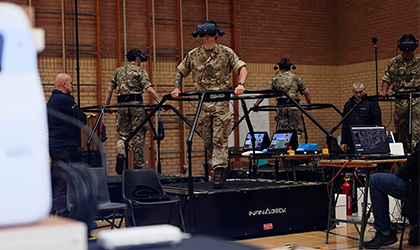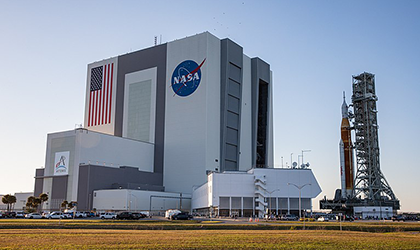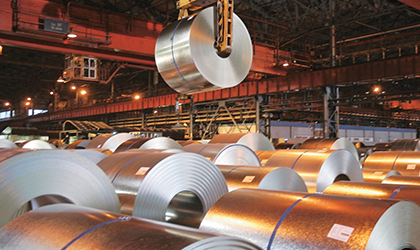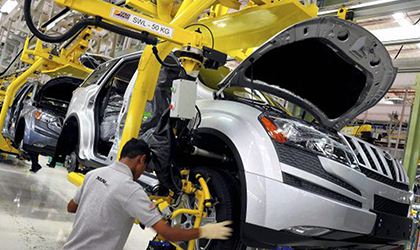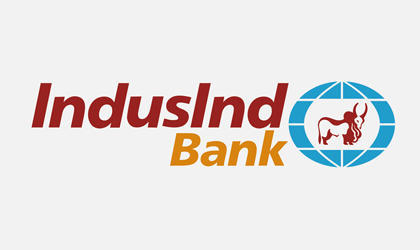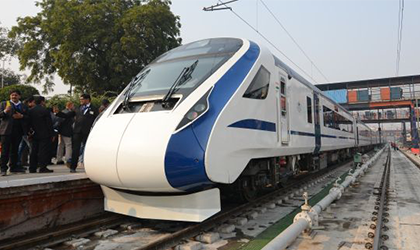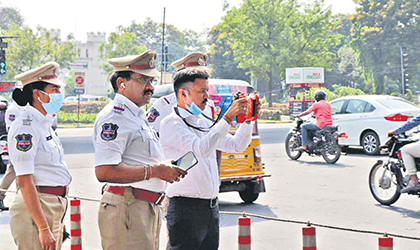Benefits of our VR solutions
includes the following features
-

Enhanced Learning and Training
Our VR solutions provide businesses with a way to enhance learning and training by providing users with an immersive and engaging experience, resulting in improved knowledge retention and skill development.
-

Improved Efficiency
Our VR solutions provide businesses with a way to improve efficiency by providing real-time guidance and support for complex tasks, resulting in improved efficiency and reduced downtime.
-

Reduced Costs
Our VR solutions provide businesses with a way to reduce costs by eliminating the need for physical equipment and facilities, resulting in significant cost savings.
-

Competitive Advantage
Our VR solutions provide a competitive advantage by enabling businesses to offer innovative and engaging solutions, resulting in improved customer satisfaction and retention.


